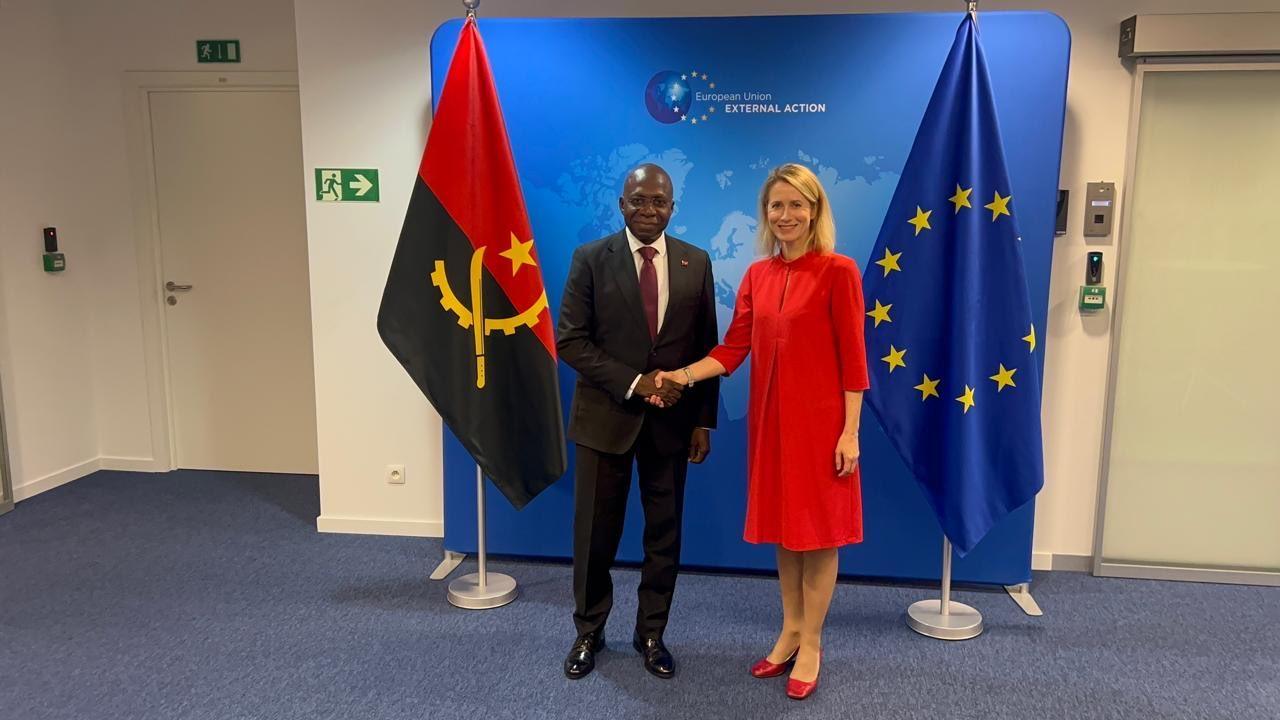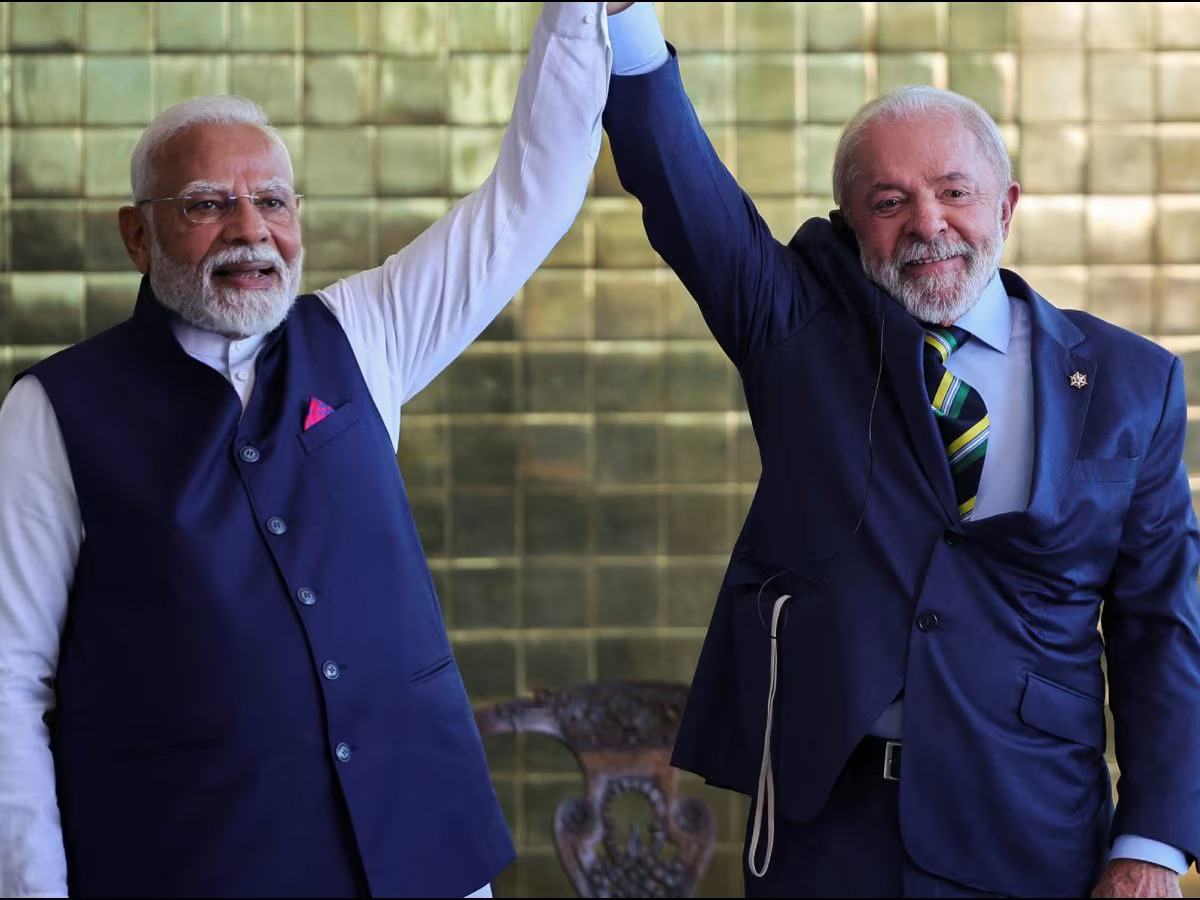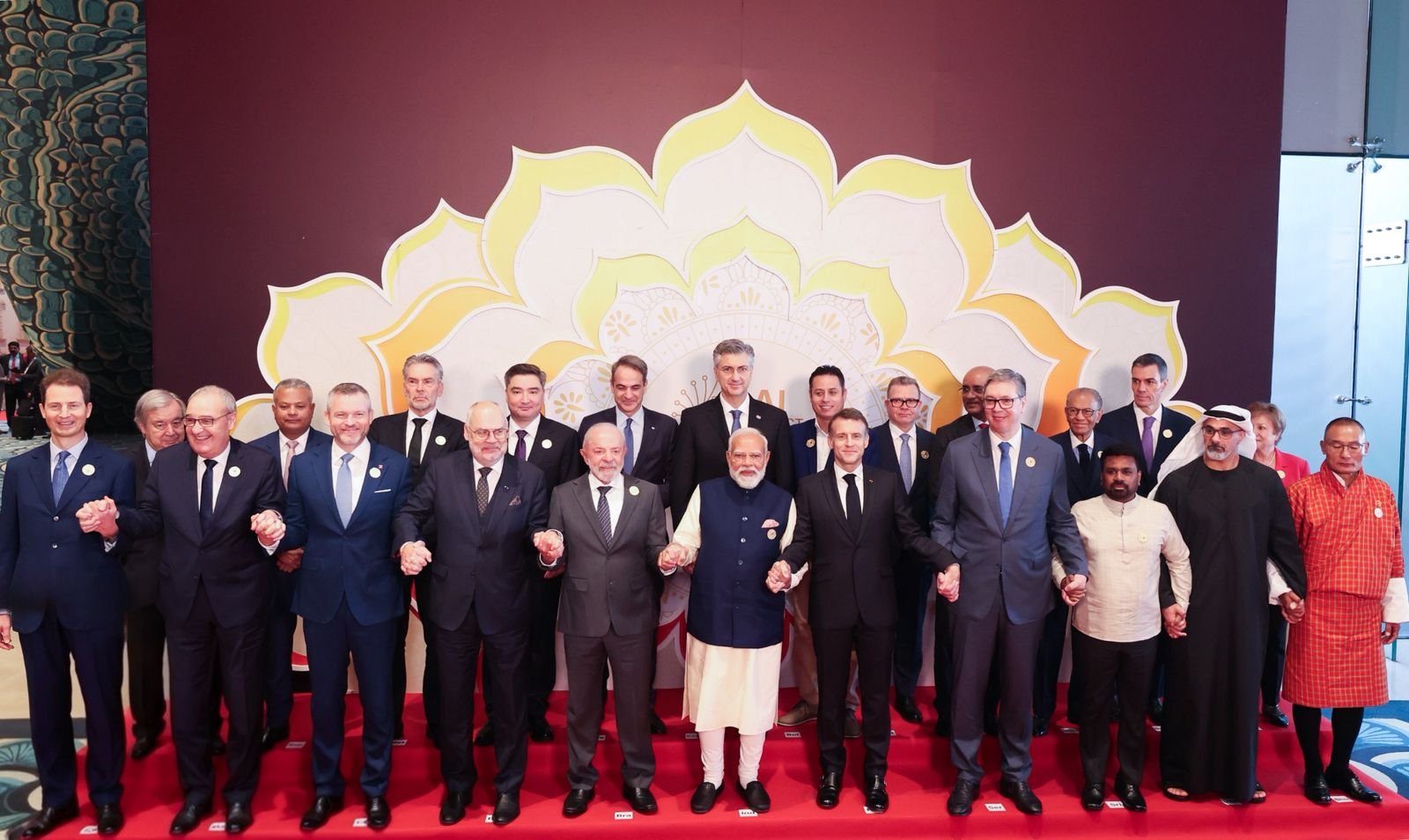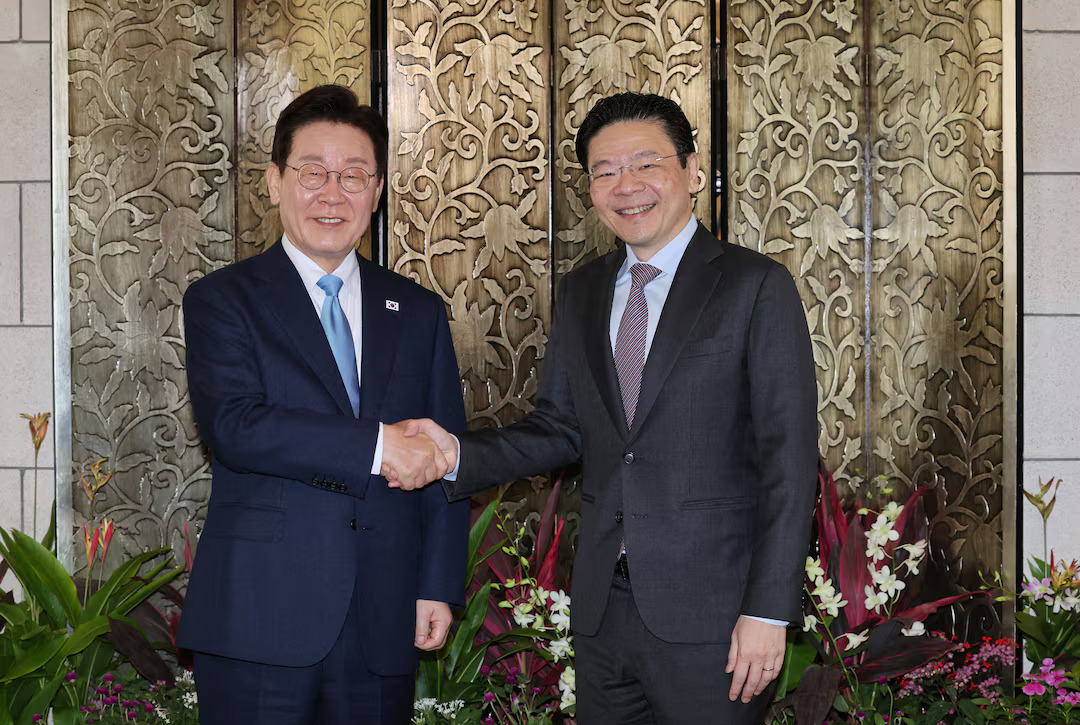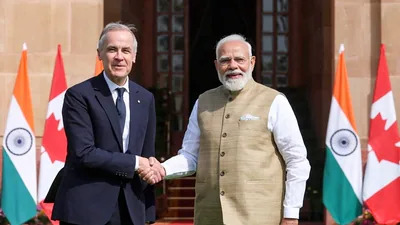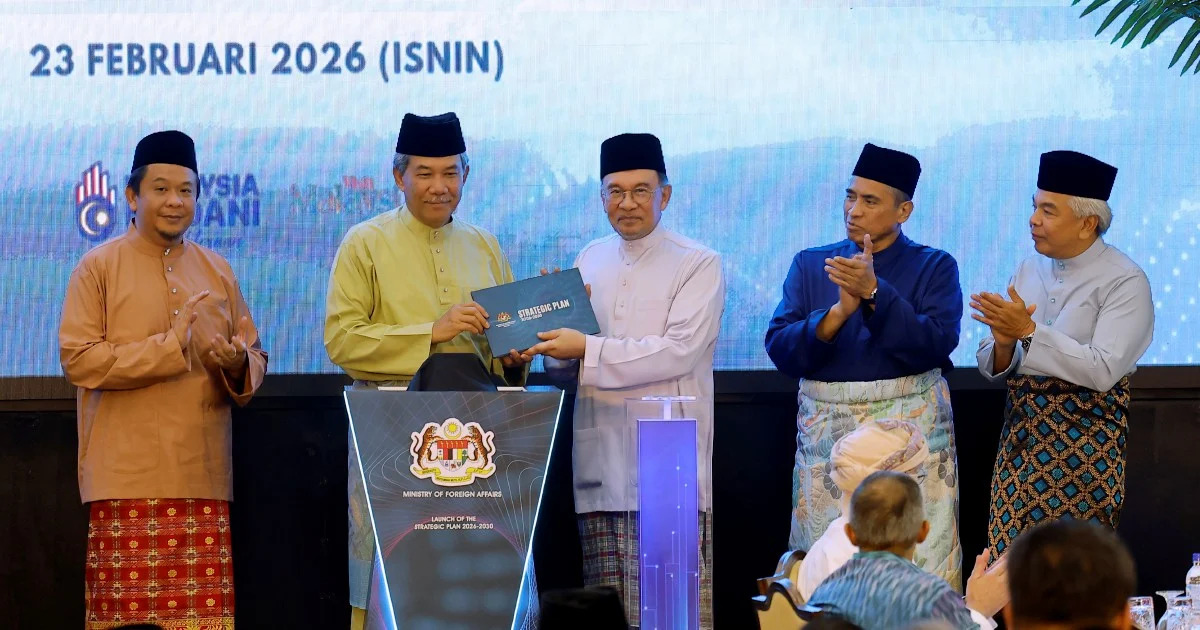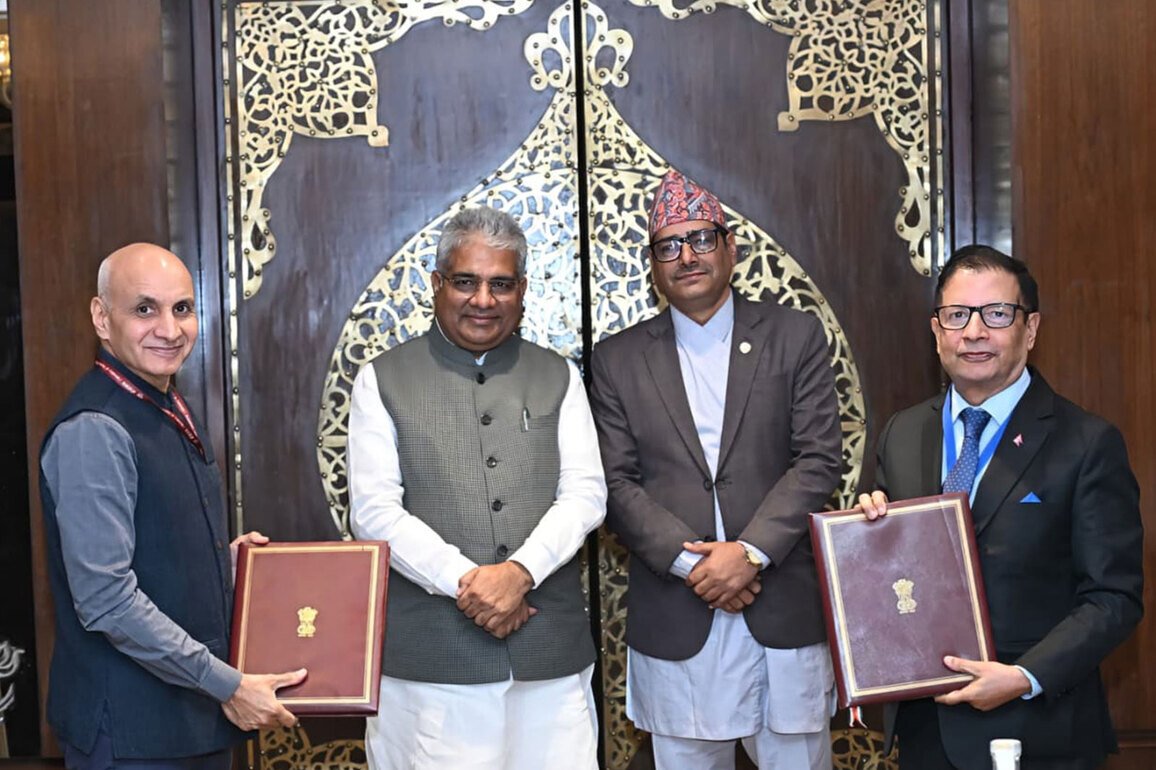The 10th BRICS Policy Planning Dialogue was held from 24th to 25th March 2025 in Brasilia, Brazil. It marked a significant milestone in the bloc’s ongoing efforts to address global challenges and improve institutional cooperation. The event, which happens every two years brought together expert policy planners from Brazil, Russia, India, China, and South Africa, along with senior representative from the newly expanded BRICS membership, providing a platform to deliberate on pressing geopolitical issues and regional developments.
Mr. Raghuram S, Joint Secretary (Policy Planning & Research), MEA led the Indian delegation. A major focus during the dialogue was assessing BRICS’ institutional evolution, especially in light of its recent expansion. The bloc’s growth reflects its increasing appeal and the desire of emerging markets and developing countries to have a more substantial voice in global affairs. This expansion necessitates a reevaluation of BRICS’ structures and processes to ensure effective collaboration among a more diverse membership.
Participants underscored the importance of strengthening global health systems, particularly in the aftermath of the COVID-19 pandemic. Discussions focused on enhancing collaborative research, equitable vaccine distribution, and building resilient healthcare infrastructures to better respond to future health crises.
The evolving landscape of international trade and finance was another critical topic. Delegates examined strategies to reform global financial institutions, promote trade equity, and reduce dependence on traditional Western financial systems. Proposals included developing alternative payment mechanisms and enhancing financial inclusivity.
Climate change remains a pressing concern for BRICS nations. The dialogue featured discussions on implementing the Paris Agreement commitments, transitioning to renewable energy sources, and supporting climate adaptation and mitigation projects, particularly in vulnerable regions.
Recognizing the transformative potential of artificial intelligence (AI), BRICS officials deliberated on establishing frameworks for AI governance. The focus was on ensuring that AI development aligns with ethical standards, promotes socio-economic development, and addresses potential risks associated with AI deployment.
Reforming multilateral peace and security frameworks was identified as essential for addressing contemporary global conflicts. The dialogue explored mechanisms for conflict prevention, peacebuilding, and strengthening the effectiveness of international peacekeeping operations.
As Brazil holds the BRICS presidency in 2025, the dialogue served as a preparatory step for the forthcoming BRICS Summit later this year. The discussions aimed to align member states on key priorities and ensure a unified approach to global challenges.
The 10th BRICS Policy Planning Dialogue in Brasilia exemplified the bloc’s commitment to fostering inclusive growth and addressing global challenges through collaborative efforts. By engaging in comprehensive discussions on health, trade, climate, technology, and security, BRICS nations reaffirmed their role as pivotal players in shaping a multipolar and equitable world order.


